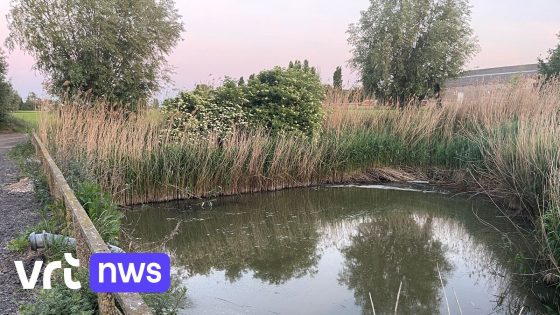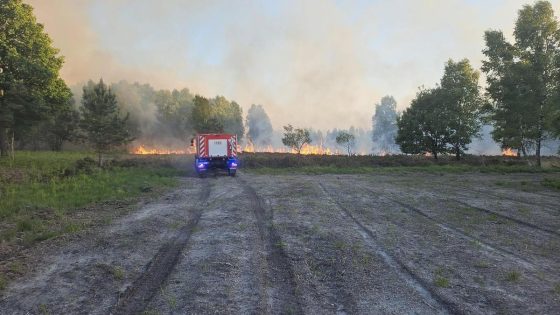The municipal authorities have issued a warning to users of the local buffer basin about proper water pumping practices. On 2025-05-24 16:54:00, the mayor emphasized the importance of using designated drainage points to avoid depleting the basin’s water levels. This precaution aims to protect the basin’s ecosystem and maintain sustainable water management.
- Gemeentebestuur waarschuwt voor correct oppompen
- Gebruik uitsluitend voorziene aftappunten bufferbekken
- Vorige keer waterpeil daalde onder minimum
- Provinciale droogteoverleg beïnvloedt pompgedrag vermoedelijk
- Onjuist oppompen beschadigt vissen en bodem
- Verbod kan opnieuw worden ingesteld
Previously, extra pipes were placed too deep in the basin, causing the water level to drop below the minimum safe threshold. This incident raised concerns about potential damage to local fish populations and the overall health of the basin. The authorities hope that users will now follow the correct pumping procedures to prevent future problems.
Could the recent provincial drought meeting have influenced these actions? There are fears that the governor might extend water extraction bans across West Flanders, prompting some users to pump excessively and prematurely. This situation highlights the delicate balance between water use and environmental protection in the region.
Why is proper pumping so crucial now? Mismanagement can disturb the basin’s sediment and harm fish habitats. Key points to consider include:
- Using only the designated drainage points prevents over-extraction.
- Deep placement of pipes previously caused sediment disruption and lowered water levels.
- Provincial drought talks may have led to premature or excessive pumping.
- Maintaining balance is essential to avoid stricter future restrictions.
Moving forward, it is vital for all users to adhere to the municipality’s guidelines to safeguard the buffer basin’s health. Will the community rise to the challenge and ensure sustainable water use? Only collective responsibility can prevent further restrictions and protect this important resource.






























